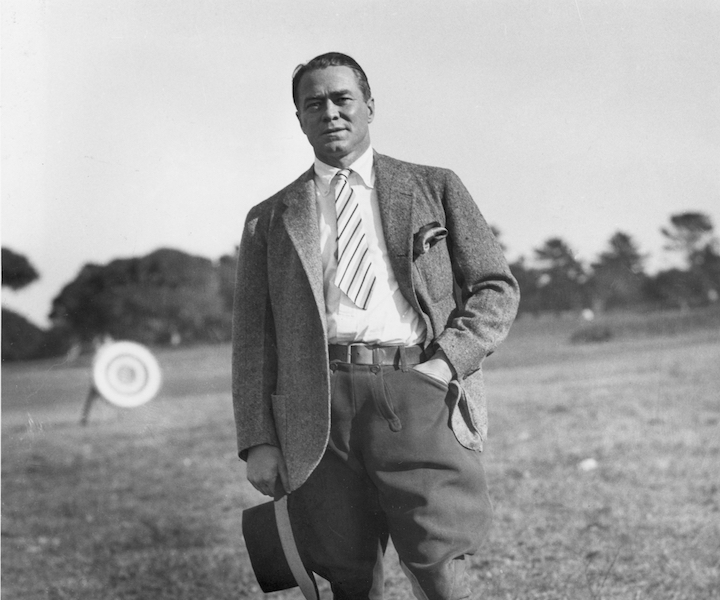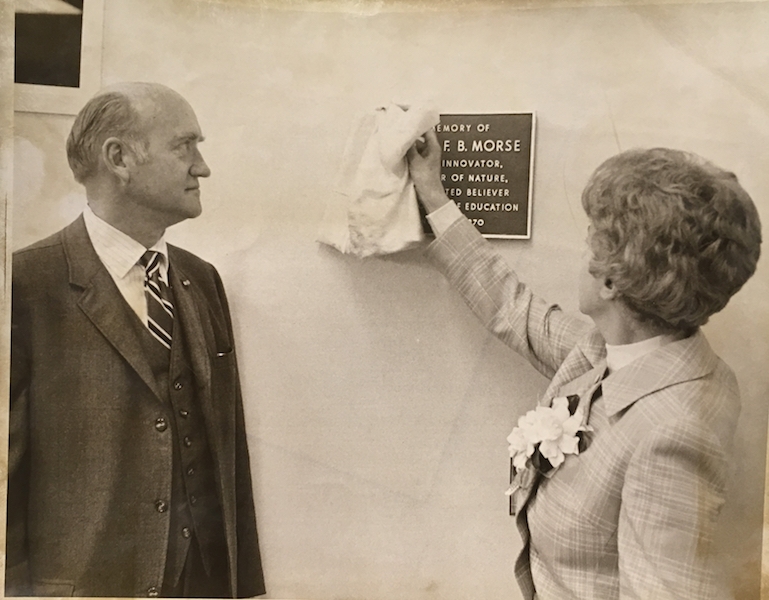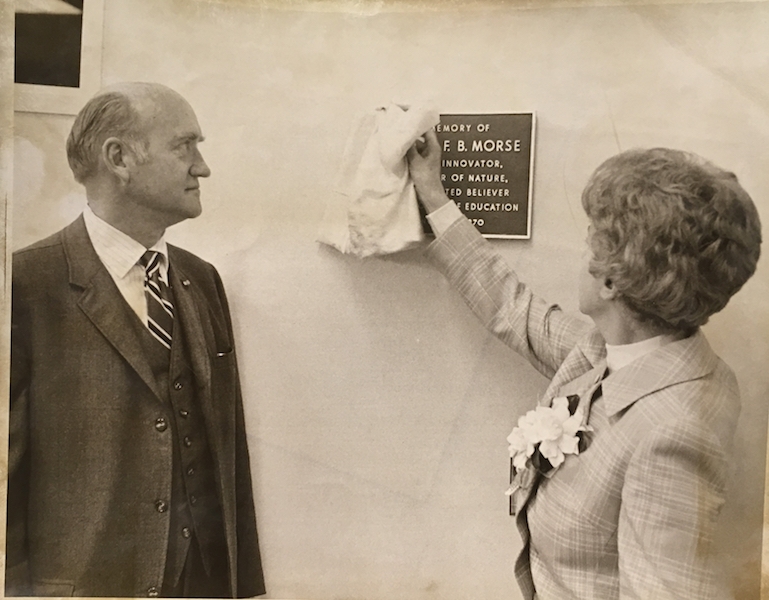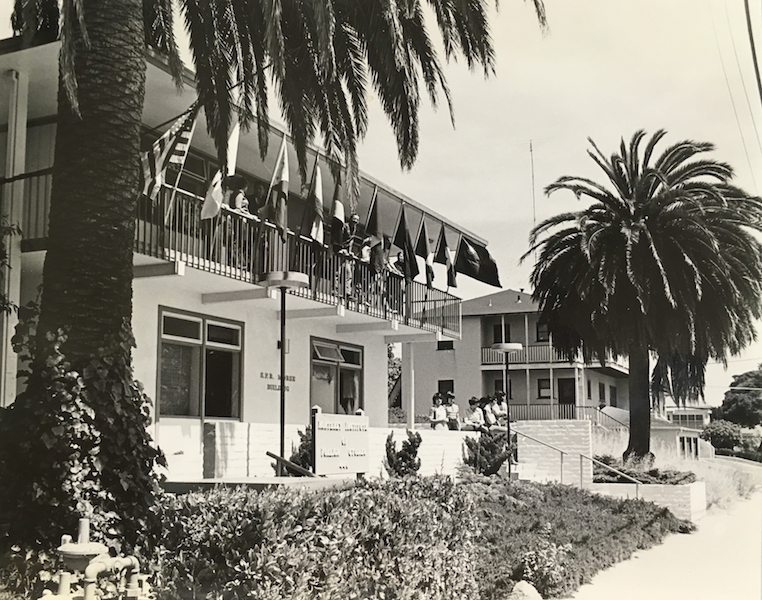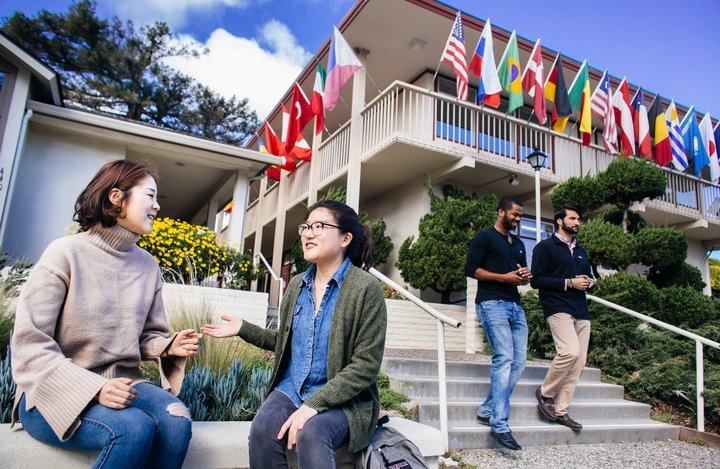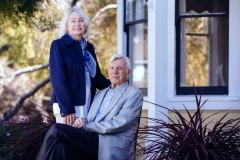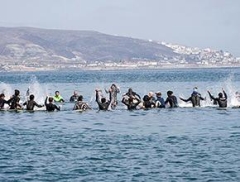Former Institute President and Spouse Donate Home to Fund Scholarships
| by Eva Gudbergsdottir and Jason Warburg
Former Institute President, Dr. Robert Gard, and his wife, Dr. Janet Wall, have designated the proceeds from the sale of their $1.8 million Pebble Beach home to two scholarship endowments at the Institute.

